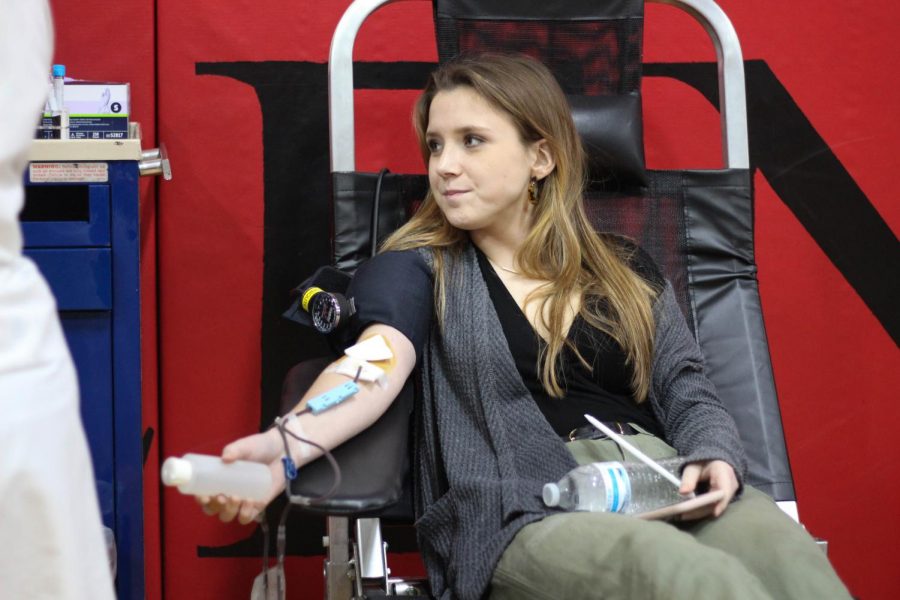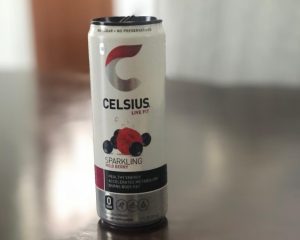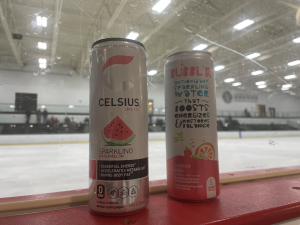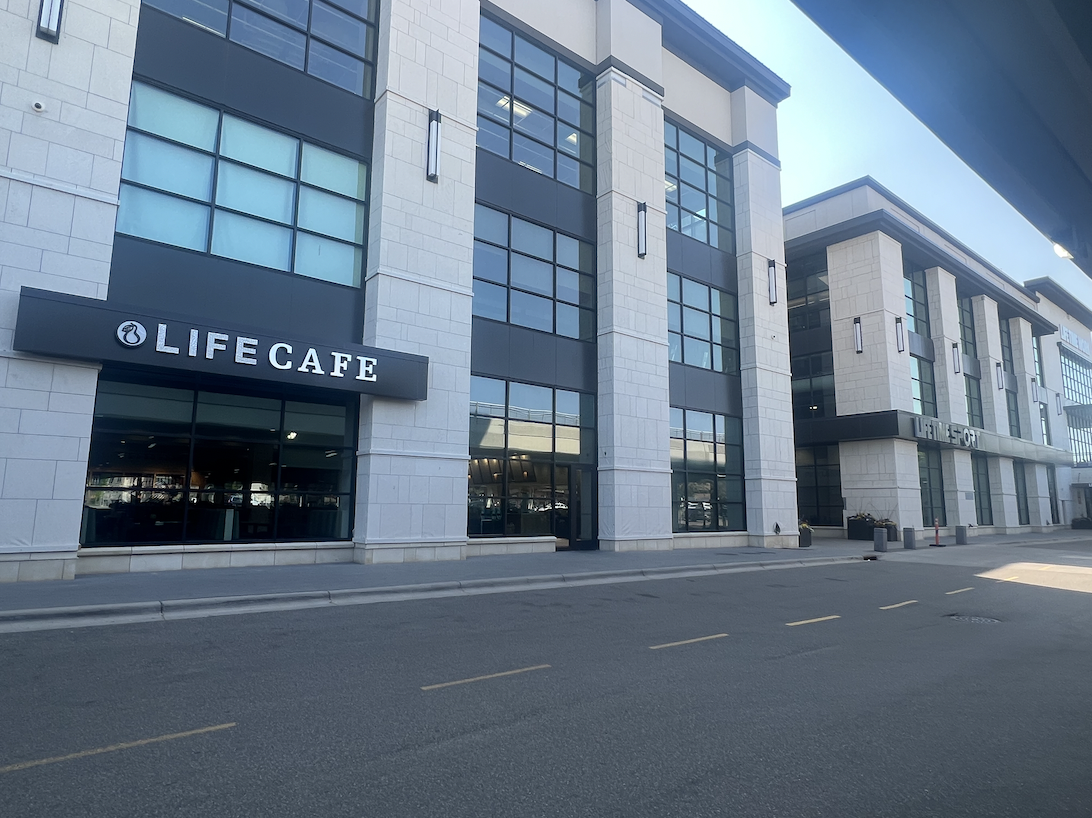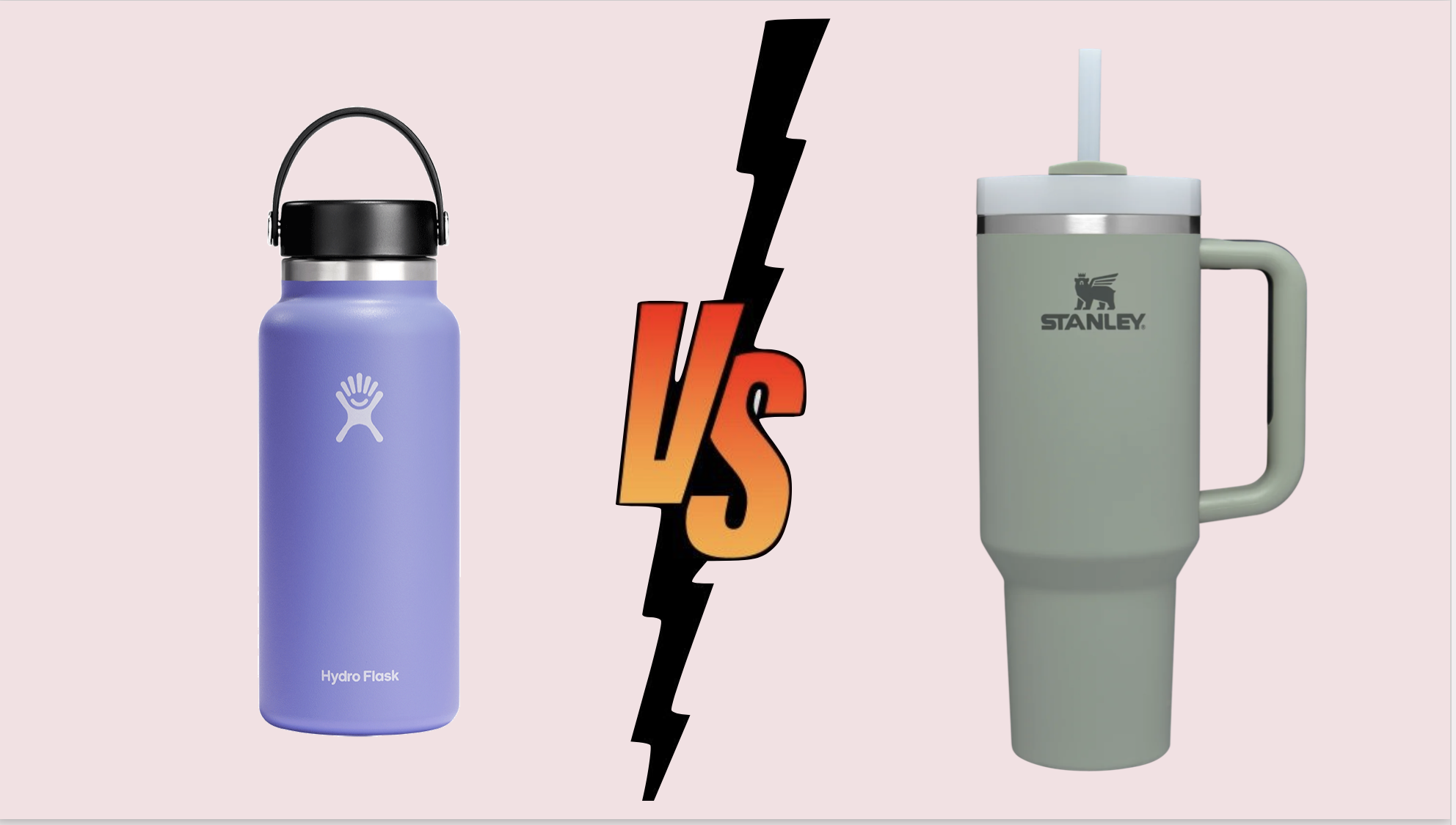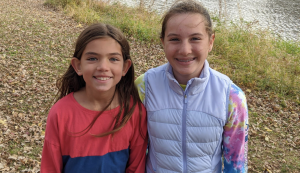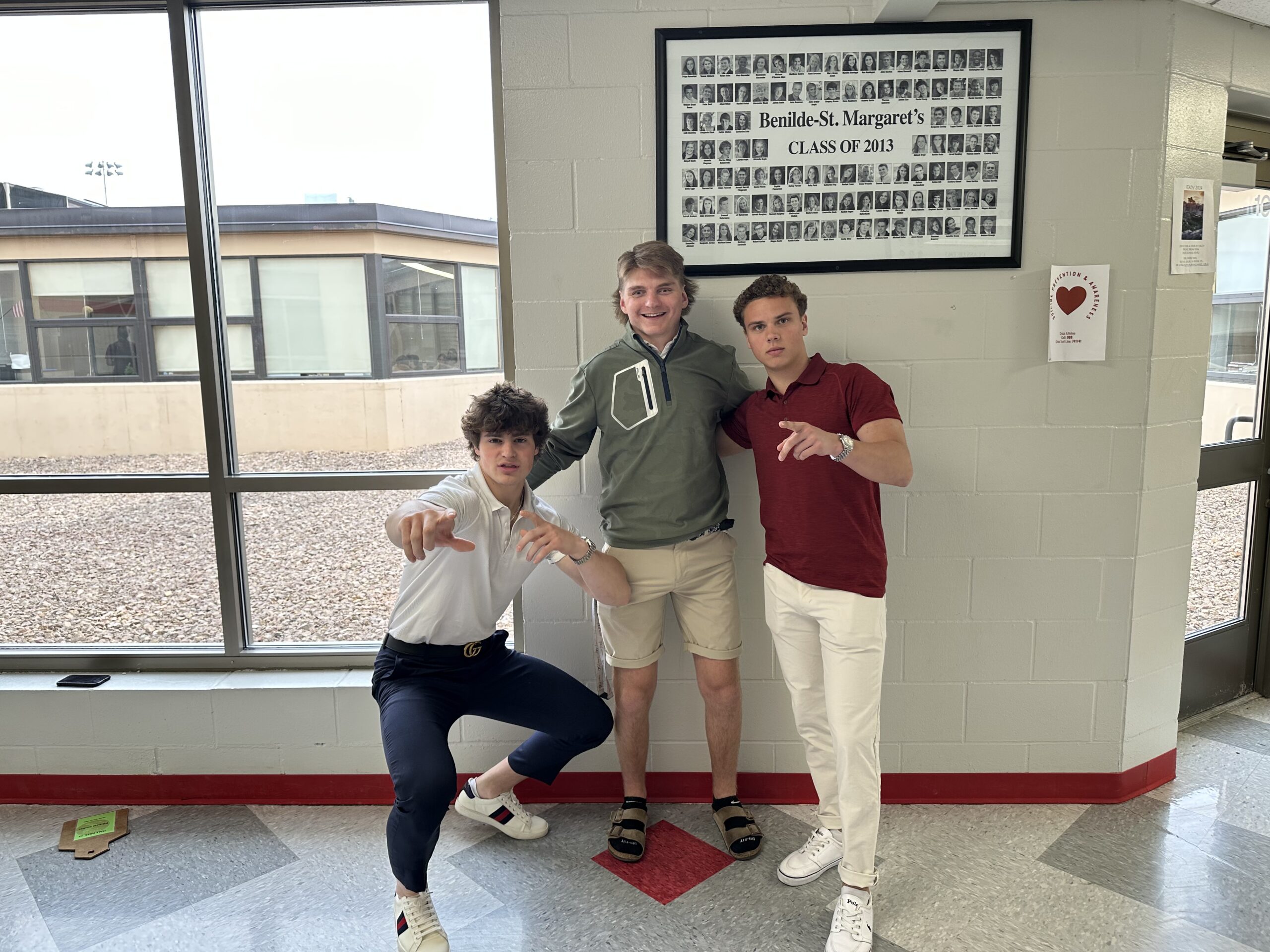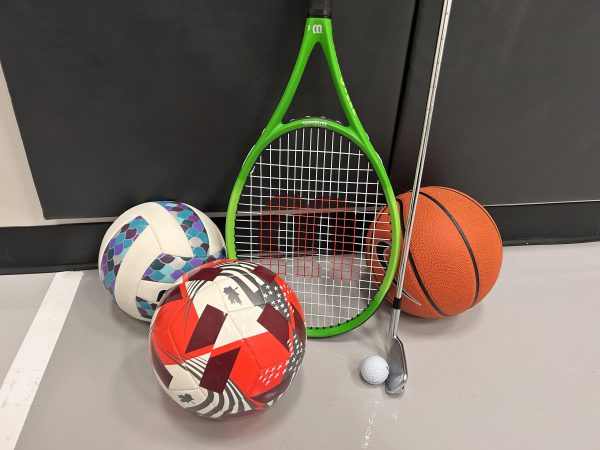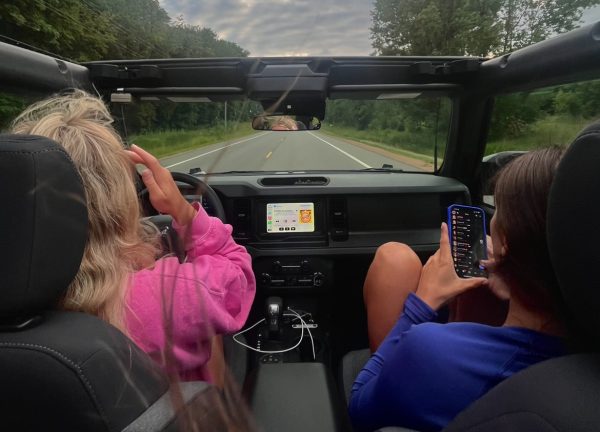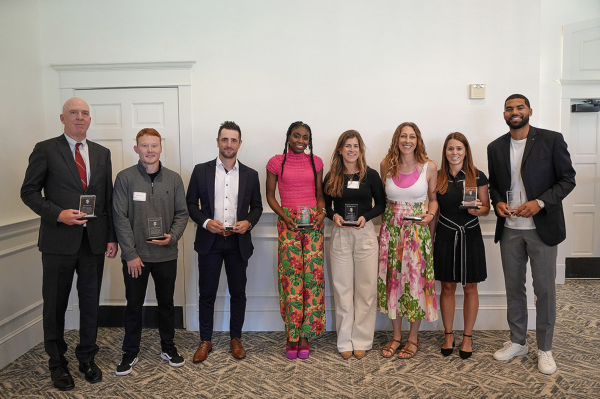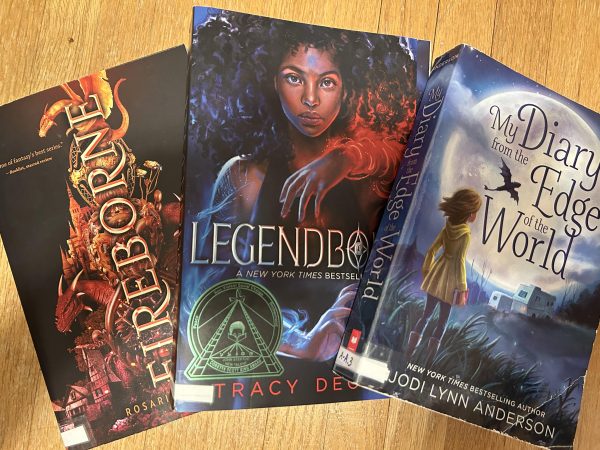BSM hosts fall blood drive
November 30, 2018
The biannual blood drive at BSM took place on Monday, November 12. The blood drive, which is sponsored by NHS, occurs once every semester. Many BSM students decide to give blood every year to help save lives.
The blood drive was performed by Memorial Blood Centers. Memorial Blood Centers is a non-profit, Minnesota based organization that supplies blood, laboratory services, and biomedical expertise to hospitals and clinic partners. They perform blood drives at school multiple times a week, and they receive almost 10,000 units of blood annually from high-school sponsored blood drives.
The BSM blood drive is hosted in the wrestling room. Students often miss class time in order to give blood and can take cookies and juice once they are done in order to restore their blood sugar levels. Thirty-one students decided to donate blood for the first time. If people donate blood when they are younger, then they are more likely to do so in the future as well. “I had never given blood before, but I have had blood drawn,” BSM senior and first-time donor Connor Lawler said.
If I found myself or my loved ones in a critical situation that required a blood transfusion, I would hope that someone would do the same for me
— Connor Lawler
In order to give blood, you must be 17 years old or older, or 16 with parent permission. There are also many strict requirements that may keep a possible donor from giving blood, like the fact that a donor can’t be on antibiotics or other specific medications. Despite the restrictions that keep many BSM students from being able to donate, the turnout is still great every semester. During this most recent blood drive, students donated 62 units of blood, which was well above the goal of 51 units. Forty-two people donated whole blood, and ten people did the double red cell donation.
The blood that BSM students gave really will help save lives. There is always a demand for donated blood in the medical world, and blood that BSM students gave could go on to help people suffering from sickle-cell anemia, or someone going through heart surgery. Accidents may happen to us or our family at any moment, and it is estimated that 1 out of 3 people will need blood in their lifetime. “If I found myself or my loved ones in a critical situation that required a blood transfusion, I would hope that someone would do the same for me,” Lawler said.











































